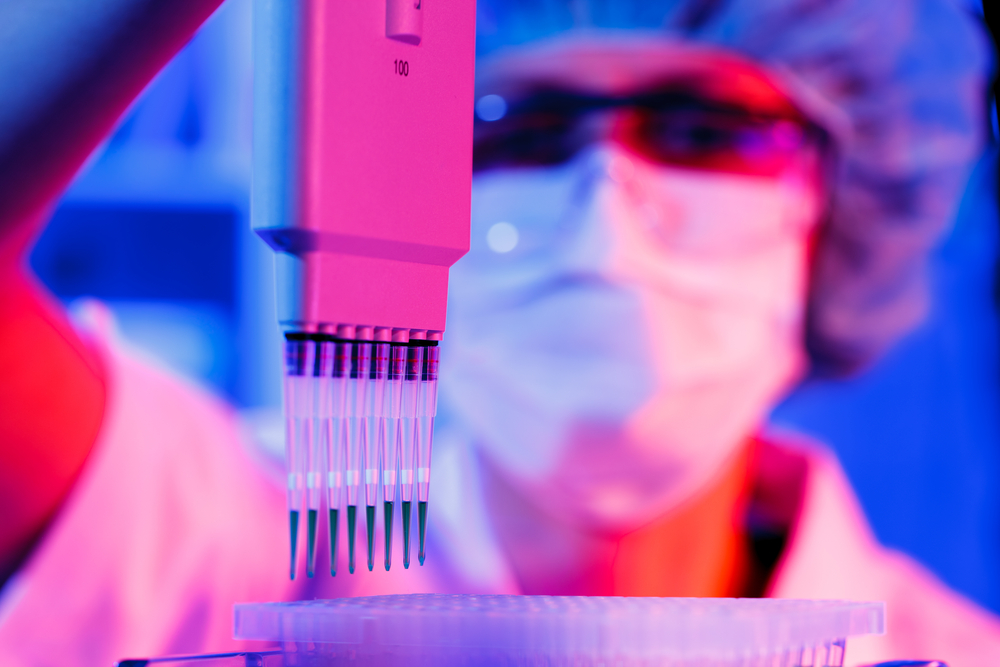clonoSEQ Assay Approved in New York to Measure MRD in Myeloma, Other Blood Cancers

The clonoSEQ Assay — a test that detects cancer cells present in very small numbers in a patient’s bone marrow, blood, or tissue sample — now is available to New York residents with multiple myeloma and other B-cell blood cancers.
The announcement by Adaptive Biotechnologies follows an approval by the State of New York Clinical Laboratory Evaluation Program (CLEP) as a means to detect and monitor minimal residual disease (MRD), making clonoSEQ available in all 50 states.
“The approval gives patients in New York access to the standardized, FDA-cleared clinical MRD testing that is already being utilized throughout the rest of the country,” Ajai Chari, MD, said in a press release. Chari is associate professor of medicine, hematology and medical oncology at the Tisch Cancer Institute at Mount Sinai, New York. Chari was a consultant for the clonoSEQ Assay.
In blood cancers, MRD refers to a small number of cancer cells that remain in the body after treatment is complete. These cells may lead to cancer relapse, but often are present at such low levels it makes it difficult to detect them by traditional methods.
Researchers needed highly sensitive tests that help them monitor disease burden, guide treatment decisions, and improve patient outcomes.
Adaptive’s clonoSEQ assay is a standardized diagnostic tool that uses next-generation DNA sequencing (NGS) to identify and measure specific DNA sequences in malignant cells. This allows researchers to determine the number of cancer cells in a bone marrow or blood sample with very high accuracy.
Approved last year by the U.S. Food and Drug Administration (FDA), the test is covered by Medicare for patients with multiple myeloma and acute lymphoblastic leukemia. The CLEP approval, however, extends the test to other B-cell cancers, including chronic lymphocytic leukemia and non-Hodgkin’s lymphoma.
It also extends the use from bone marrow samples only to blood and stored tissue samples, compared to the prior FDA approval.
“New York State CLEP approval for clonoSEQ means patients in New York can now work with their cancer care team to incorporate clonoSEQ into their treatment regimen to accurately and reliably assess and monitor their disease over time, using multiple sample types, including blood samples,” said Chad Robins, CEO and co-founder of Adaptive Biotechnologies.
clonoSEQ has been used in 27 of the 28 U.S. National Comprehensive Cancer Network centers and in more than 120 clinical trials. Adaptive plans to expand clonoSEQ and gain its approval for other blood cancer indications and samples.
“This rigorous approval also supports our ongoing work to expand access to patients and our pursuit of FDA authorization for new indications for clonoSEQ in other lymphoid cancers and sample types,” Robins added.






